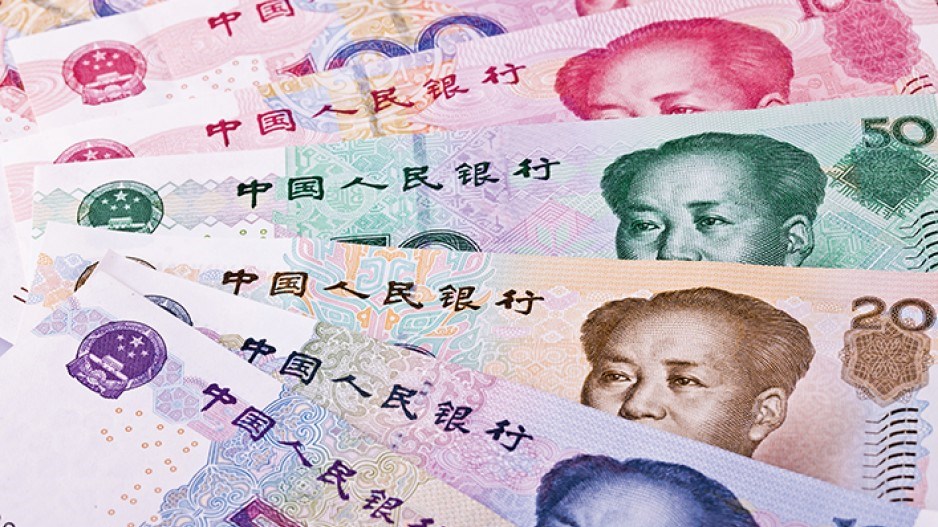By the end of this month the business of funding development projects will be much more of a competitive contact sport than it is already.
Come the new year, China intends to have up and running its Asian Infrastructure Investment Bank (AIIB), which aims to embellish Beijing’s charm offensive among neighbouring countries and to offer a direct challenge to the United States-led international financial institutions created in the wake of the Second World War.
Indeed, the AIIB has grown out of Beijing’s frustration at failure to acknowledge China’s growing global economic importance by giving it a more significant role in the World Bank, the International Monetary Fund or, most significantly, the Japan-led Asian Development Bank (ADB).
Beijing’s justification for striding into the already crowded field of development financing is that these established institutions can’t meet existing needs, especially in Southeast Asia.
Using the ADB’s own assessments, Beijing says that about $8 trillion is needed between 2010 and 2020 for national and regional infrastructure projects in Southeast Asia. But even collectively, the ADB, with $160 billion in capital, and the World Bank, with $223 billion, can’t come close to supplying that amount.
The AIIB, with starting capital of $50 billion, doesn’t look as though it will make much initial difference. But China always plays a long game.
China’s President Xi Jinping announced creation of the AIIB in October 2013 during a visit to Southeast Asia in a clear attempt to calm regional anxieties over Beijing’s increasingly aggressive claims to the South China Sea.
Since then, 21 countries have signed up to be part of the AIIB network, including all 10 countries of Southeast Asia. The latest was Indonesia at the end of November. Although the focus of the AIIB will clearly be financing infrastructure projects in Southeast Asia, its members are drawn from far and wide. They include most of the countries of South Asia, Central Asian states Uzbekistan and Kazakhstan and Middle Eastern countries Kuwait, Qatar and Oman.
Just as notable as who has signed up to the AIIB is who has not, and why. From the start, Washington has opposed creation of the AIIB. The U.S. claims the new bank will have low standards for approving loans, especially those involving environmental and labour codes. Beijing insists it will use the same standards as the World Bank. U.S. officials also fear, probably quite rightly, that the AIIB is an element in Beijing’s efforts to dominate Southeast Asia economically and to buttress its security interests. And Washington undoubtedly sees the AIIB as an attempt to supersede the U.S.-led world economic order.
Japan has similar concerns and sees the AIIB as a clear challenge to its ADB. Tokyo is not joining the AIIB, but it is doubtful the new bank will diminish Japan’s role in Asia, at least for the foreseeable future. Southeast Asia countries depend on their military and investment relationships with Japan, the U.S. and Europe. They will balance these established links with the new opportunities for infrastructure development offered by the AIIB.
South Korea has many of the same qualms about the AIIB as Tokyo and Washington. But Seoul has said it is willing to join the AIIB if Beijing clears up questions about the bank’s governance and project standards.
Canberra has the same misgivings, and Prime Minister Tony Abbott says Australia will not join the AIIB unless it clearly adopts the same governance standards as the World Bank.
Jonathan Manthorpe ([email protected]) has been an international affairs columnist for nearly 40 years.




